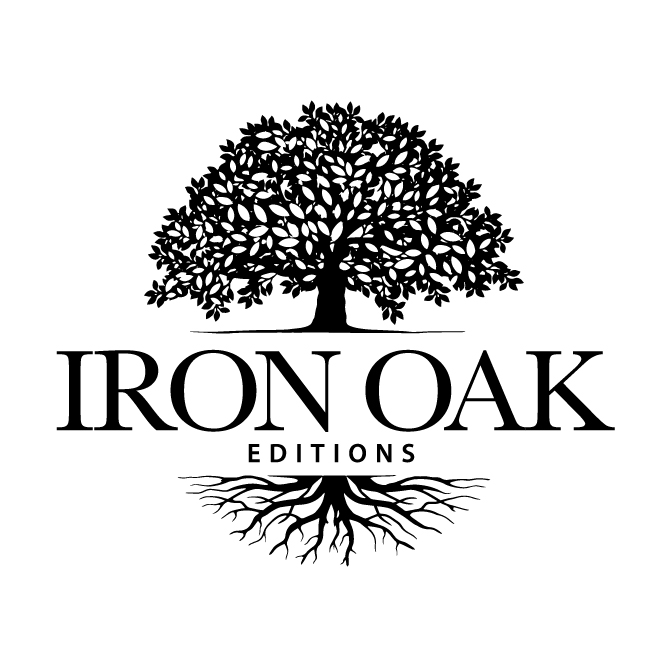by Bailey Quinn
April 4, 2024
Bailey Quinn is a Utah-based poet interested in eco and visual poetics. Her work explores the intersections of mental health, motherhood, sexuality, environment, and gender with a haunting, folkloric twist. She received her Masters from Weber State University where she currently teaches. Her poems have appeared or are forthcoming in Bat City Review, West Trade Review, and Passengers Journal, among others. You can follow her on Instagram @baileynquinnpoetry.
Midway by Kayla Czaga; House of Anansi Press; 88 pages; $16.99.
In her third collection of poetry, Midway, Kayla Czaga presents a stunning lyrical-narrative exploration of grief in the wake of her parents’ deaths. It is an ode to the way humor and grief co-parent us through loss. Czaga’s writing is both beautiful and mournful, combining moments of raw honesty with nostalgic and sometimes humorous slants. She paints a portrait of grief that transcends and reimagines the way we move through life in the wake of tragedy. Grief is messy, unpredictable, varying, all encompassing, and so often our relationships with those who have passed are the same.
Rather than using humor as a crutch or a way to soften the hardness of death, the poet brushes moments of it throughout Midway, juxtaposing humor against grief to highlight the myriad of complex emotions that accompany loss. Humor amplifies the grief rather than covering it up, artfully wielded to bring the reader into the poems rather than shutting them out. In “Another Poem about Dinosaurs” Czaga asks, “Is this the life/ I wanted when I was a child? To grow up to tell/ the world’s longest dinosaur dick joke to a room full of strangers? Well, no. Of course not.” But the poem is not actually about this dinosaur erotica poem she wrote and then read at a festival. She takes us back to her childhood memory of bringing in “the rock my father/ found in the dirt near Drumheller. . .” before realizing “nobody cared about a thing so old and so dead.” The poem concludes with a moment of rawness, a moment of remembering her father after his passing:
hundreds of millions of years ago that rock was
a living thing, as was my father when he found it.
That’s my show and tell contribution. These thoughts
and feelings that may be extinct in me now but
I’ve written them down to prove they once lived.
“Another Poem about Dinosaurs,” walks the line between the dark humor and raw pain that colors much of the collection. Humor operates as a through line for which the reader is able to connect Czaga’s present with her past. The warping of time allows her to demonstrate the way grief permeates beyond the present, seeping into our memories while tainting ones that will be made in the future.
She also plays with pop culture references to juxtapose humor and death throughout Midway. There is a fine line to walk when utilizing pop culture in art, and Czaga is able to walk it masterfully, using each reference with precision and purpose. “The Sadness of Marge Simpson,'' for example, contains multiple references to the classic television series The Simpsons, including Marge’s famous “Mmmm,” her “impossible tower of blue hair,” and the TV show within the Simpsons universe, The Itchy & Scratchy Show. Despite these delightful nods, Marge is greater than a reference; she is a mirror of grief. Choosing one of the most well-known housewives of the 1990s allows Czaga to move into a wider lens of womanhood. Marge exists within the sphere of her husband and children, and the lack of her identity outside that sphere has been commented on numerous times by viewers and critics. The comparison brings Marge outside the television set, humanizing her in such a way that highlights the alienating side of grief. Both Marge and sadness hold “the same absence of friends. . .the same memorability.” She compares herself and Marge to chapbooks, “but both chapbooks were sad. . .One chapbook will win prizes/ and one chapbook will be remaindered.” It’s never stated which chapbook represents which woman, though a case could be made for either interpretation. The line plays on the tension between hope and devastation present in grief—is it something that can be overcome? Or is it something more destructive? Maybe it’s both, something less finite, more ebbing and flowing like the ratings of Marge’s “dying franchise.”
Ultimately, at the heart of Czaga’s writing is a woman searching for her place in a world that has been drastically altered. At times the poet breaks from the narrative of her relationship with her parents and observes herself. Some poems act as introspective moments of fourth-wall breaking style ars poetica where Czaga muses on the role poetry, teaching, and art interwoven in her identity and her grief. There is an almost ritualistic, recursive use of anaphora present throughout the collection as well. In “Dear Brenda,” “I found” is repeated each time she unearths a bottle washed ashore, each one containing something different: her father’s teeth, an otter’s bladder, a note, emptiness. The poem ends:
I picked my way among piles of driftwood
which resembled the detritus
of some great wreckage
I knew would take me a very long time
to sort through and reassemble.
The anaphora in this poem, and throughout the collection as a whole, gives the sense of a speaker in search of something, whether that’s an understanding of death, an acceptance of its inevitability, or even just finding her place in her own world.
Czaga’s humor is what initially attracted me to Midway, but her moments of raw honesty keep me coming back. In “The Power of Love” she writes:
My father is not a part
of my grey matter
where memory skips stones
out onto the gushy surface
of Nostalgia Lake…
I can’t step on through him.
He’s dead—I checked.
In “Peace Lily,” when, after realizing her lily plant will not survive, Czaga says “a bit of me loved being done with it. The collection ends with, “You already know the last thing he killed, with pills and neglect. I shouldn’t have to say it.” In each of these lines the reader can tangibly feel the weight of her grief, heavy and lasting.
While many of these moments are bookended in humorous turns of phrase and wild scenes of happenstance, Czaga is always able to pull the reader back and ground them in these moments of clarity, moments where she reaches through the page and grasps an all-encompassing experience of grief. It is one that acknowledges the sadness, the yearning nostalgia, the humor, and the tears. It is complicated and hopeful, introspective and relatable. It is a book I will find myself returning to at all stages of life for Czaga’s ability to reach beyond herself and delight the reader with her unique and beautiful lyricism.
__________________________________________________________________________________________________________________________________________________________________________
__________________________________________________________________________________________________________________________________________________________________________
__________________________________________________________________________________________________________________________________________________________________________
__________________________________________________________________________________________________________________________________________________________________________
The Complicated Relationship Between Humor and Death in Kayla Czaga’s Midway
POETRY REVIEW
__________________________________________________________________________________________________________________________________________________________________________
© 2024 Iron Oak Editions
Stay Connected to Our Literary Community. Subscribe to Our Newsletter





